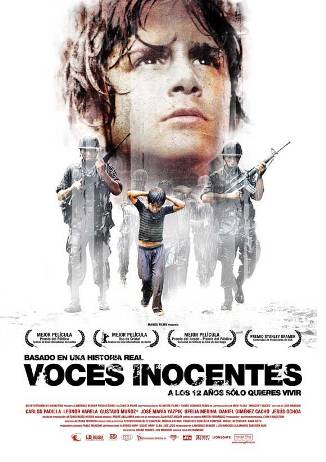 What this film does is shed light on is the effects of war, especially on children. Chava, who is 11-years-old, is much like any boy his age anywhere in the world. However, he lives with the constant threat of violence as the civil war in El Salvador rages on in the 1980s.
What this film does is shed light on is the effects of war, especially on children. Chava, who is 11-years-old, is much like any boy his age anywhere in the world. However, he lives with the constant threat of violence as the civil war in El Salvador rages on in the 1980s.
With his father gone to the United States, Chava tries to be the man of the family while his mother does whatever she can to shield him from the war. He turns 12 during the film, making him a target for the military, which presses boys as young as 12 into military service. With that in mind, Chava and many of his schoolmates learn when the army is coming and hide on rooftops to evade detection.
Chava’s uncle is a rebel who hides in their home and gives Chava a radio to listen to banned broadcasts. And as much as his mother tries to protect him, the war comes to their village. The village is set ablaze and hundreds of people are displaced.
We see Chava fall in love with a classmate and it is a bright spot in a dark time. There are many scenes where we think of him as a boy at any time in any place despite the war.
At the end of the film there are statistics shown about child soldiers.
When one thinks of them, typically African nations come to mind. However, in El Salvador in the 1980s, many boys were forced to fight and lose their innocence.
Innocent Voices is an excellent film and is available to rent.
Murphy can be reached at: [email protected]